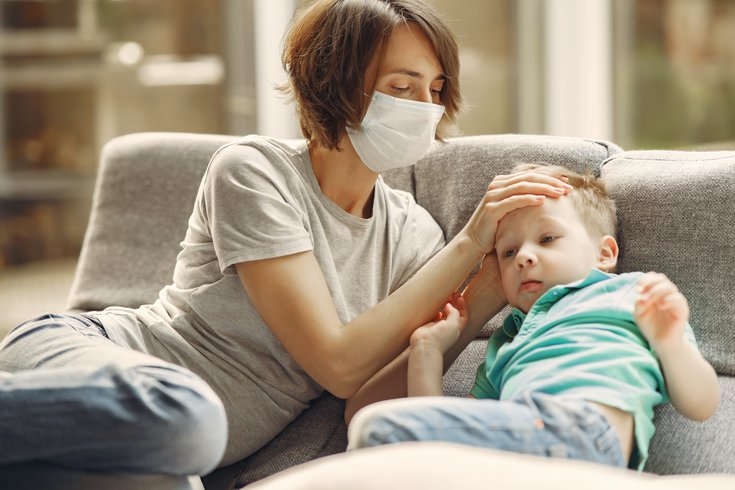
September 10, 2020
 Gustavo Fring/Pexels
Gustavo Fring/Pexels
The added caregiving responsibilities brought by the COVID-19 pandemic has led to increased stress and feelings of isolation and loneliness, a Blue Cross Blue Shield report finds.
The COVID-19 pandemic has thrust more Americans into the role of unpaid caregivers. And it's one that is often coupled with poorer health.
A new Blue Cross Blue Shield study found caregivers have 26% poorer health than the general population due to the stress that comes with the responsibility. The findings are based on a health index that factors more than 200 conditions.
Millennial caregivers were more likely to have stress-related conditions than caregivers from older generations.
Millennial caretakers were 82% more likely to have hypertension, 60% more likely to have anxiety and 64% more likely to have major depression compared to non-caretakers. They also were more likely to be obese and have higher rates of hospitalizations and emergency department visits.
In an effort to better address their needs, the Blue Cross Blue Shield Association is hosting a two-day virtual forum on caregivers and millennial health on Oct. 28 and 29.
"Being a caregiver is often a difficult job, and the stresses and responsibilities can seriously affect our physical and mental health. This becomes even more challenging during a pandemic," said Dr. Richard Snyder, chief medical officer at Independence Blue Cross. "Now, more than ever, we need to take care of ourselves and our loved ones by making sure they have the resources, support and infrastructure they need to stay healthy."
The report is the first to use claims data to study the relationship between health and caregiving. It analyzed the claims data of 6.7 million commercially-insured Blue Cross Blue Shield members who have a spouse or child in need of caregiving support.
In the Philadelphia region, Independence Blue Cross plan members who identify as caregivers were 60% more likely to have hypertension and 41% more likely to be obese than non-caregivers.
Yet, caregivers were more likely to receive regular preventive care. More than half of them had wellness visits in 2018 and more than a third had at least one cancer screening.
The analysis found 72% of caregivers tended to a spouse. Another 21% cared for their children while 7% cared for both a spouse and child. Most were Generation Xers or baby boomers under age 65.
The pandemic has greatly increased the demand for caregivers, according to ARCHANGELS, an organization dedicated to improving the lives of caretakers. Blue Cross Blue Shield collaborated with the group as part of its report.
A survey conducted by ARCHANGELS found that 61% of Americans are now unpaid caretakers or looking out for a friend, neighbor or family member. Fifty-five percent would not have identified themselves as a caregiver prior to the pandemic.
The survey also found that more Black and Hispanic caregivers are providing care for a loved one in their home than white caregivers.
This has led to greater stress, feelings of isolation and loneliness, and reliance on negative coping mechanisms like alcohol, medication and food.
"The first and most important step we all need to take, is to check in on ourselves and our loved ones," ARCHANGELS co-founder and CEO Alexandra Drane said. "Next, we need to continue the discussion on how we can provide caregivers with the resources, support and infrastructure they need to stay healthy."
A separate BCBS survey found that 1 in 4 unpaid caregivers are feeling more stress trying to balance work and family commitments during the pandemic.